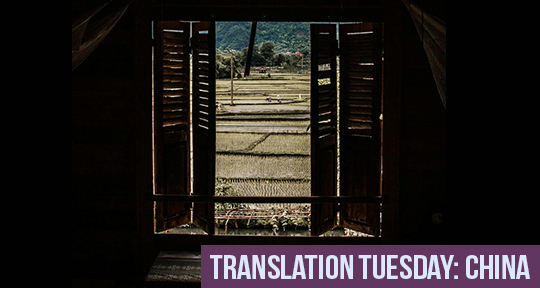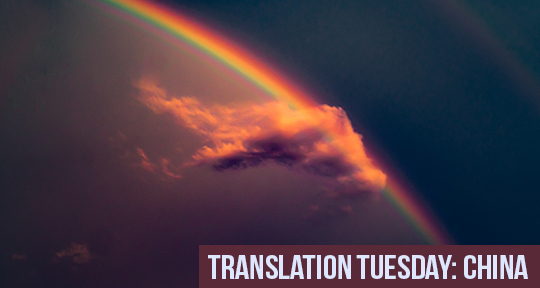This Translation Tuesday, in honor of Mid-autumn Festival, we bring you five poems by the Chinese poet Ling Feng, in an immaculate translation by Jonathan Chan. The Mid-autumn festival, which originated in China and has since spread throughout East Asia, is a time for shared revelry among families—but not everyone can reunite with their families on this occasion, particularly expatriates living far afield. To commemorate the joy and sorrow of personal connections—familial, marital, platonic—across physical divides, we’re honored to present these five poems, which address love and longing with a singular attention to detail. In Ling Feng’s verse, a deep attention to the evanescence of life gives way to passionate descriptions both of the speaker’s beloved and the material world, a desire to cherish what is always passing. But the speaker’s attention to the transience of all things is ultimately a source not of despair, but of a renewed will to human connection in a fragile world: “let us sing together, you can dance if you want to, / so those who are distant can hear us.” Read on!
untitled
soft wind blows in a single direction.
that which must have passed has passed.
at the moment when a place wraps itself around me,
people will be singing the entire afternoon.
that which must have passed, is past.
if there are tears, there is a heart.
if there are wounds, there is enlightenment.
people are as beautiful as the dust.
flowers are more lasting than forests.
if there are ten Hai Zis, then we must be innumerable.
let us sing together, you can dance if you want to,
so those who are distant can hear us.
all that we have missed for so long shall all come back to life.



